

Arthritis
Arthritis, or joint pain or joint disease, is the leading cause of disability in America. More than 50 million adults and 300,000 children are suffering from some type of arthritis. Common symptoms include swelling, pain, stiffness, and decreased range of motion. Severe arthritis can result in chronic pain, inability to perform normal day-to-day activities, and has the potential to cause permanent joint damage.
To determine whether or not you may be suffering from arthritis or to determine the severity, your medical professional will perform blood tests and conduct an imaging scan (ie: x-ray, CAT scan or MRI). Eating healthy, staying active, and understanding your type of arthritis and treatment options are crucial to decreasing your discomfort and paving the way for an enjoyable, happy life.

Back Pain
Since back pain is the leading cause of disability worldwide, it is vital to know how to prevent the cause of back pain. By maintaining a healthy diet and weight, remaining active and avoiding prolonged inactivity or bed rest are all important ways to avoid back pain. Before doing exercises or any physical activity, it is recommended to warm up and/or stretch.
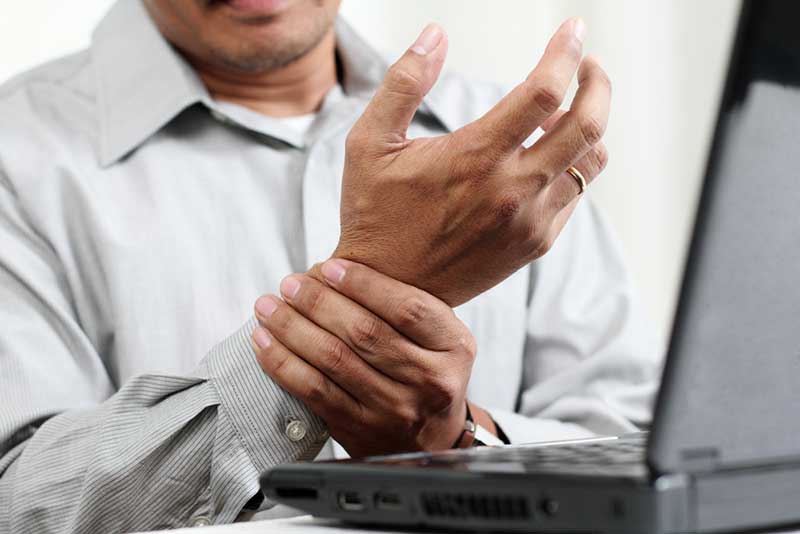
Carpal Tunnel Syndrome
CTS is a problem of the median nerve which runs from the forearm into the hand. When there is excessive pressure in the wrist, it causes swelling of the median nerve. This small area called the carpal tunnel is a narrow tunnel at the wrist made up of bones, soft tissues, nerves, tendons, ligaments and blood vessels. When the median nerve which runs through this tunnel gets compressed it causes pain, weakness, numbness or tingling in the hand and wrist which radiates into the forearm. The carpal tunnel is the most common area that gets compressed in both the hands and feet.
CTS should be diagnosed and treated early. During your consultation, you will receive a standard physical examination of the hands, arms, shoulders and neck to help determine if your symptoms are related to daily activities or to an underlying disorder. Our highly skilled chiropractor will also utilize other orthopedic tests to try to produce the symptoms of carpal tunnel syndrome. Laboratory tests and x-rays can reveal diabetes, arthritis, fractures, and other common causes of wrist and hand pain.
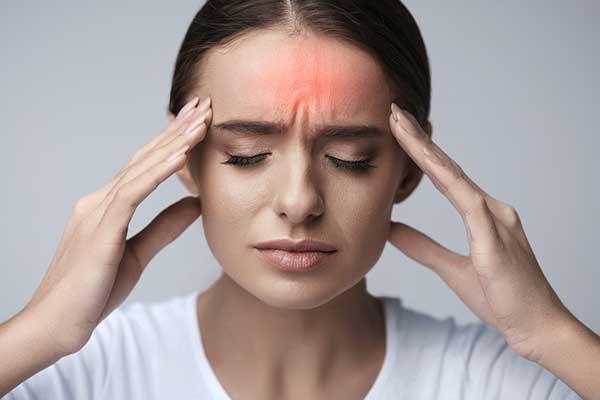
Headaches/ Migraines
Nine out of ten Americans say that they suffer from headaches. Some of these people experience headaches frequently. Some experience constant headaches that are very painful. These can even make a person nauseous. Ninety-five percent of headaches are tension, migraine, or cluster headaches. These types of headaches are not caused from a disease, but from something in your body that is not sitting correctly.
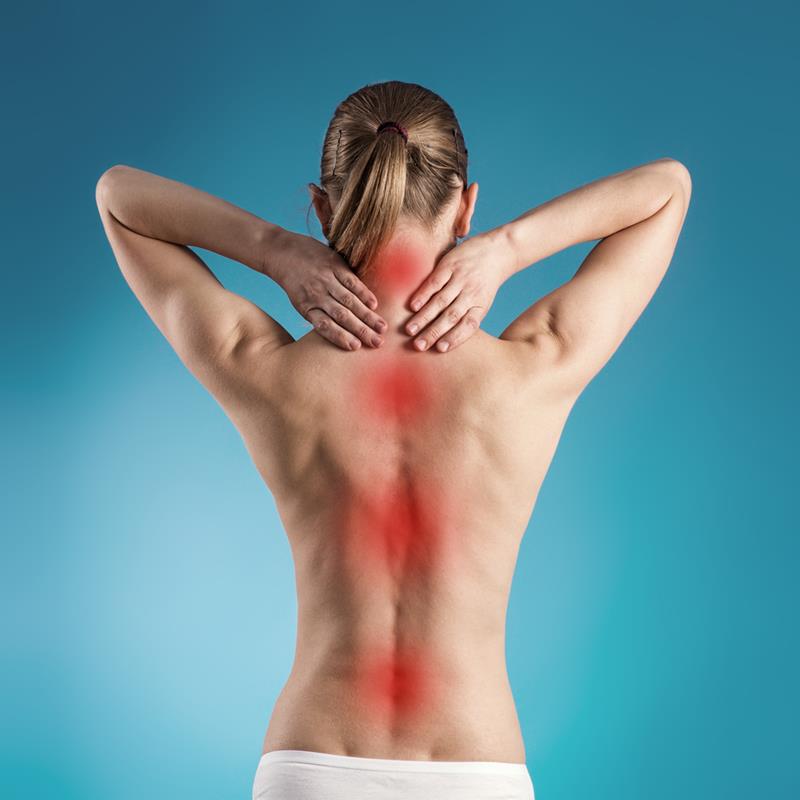
Pinched Nerve
A pinched nerve can happen in a variety of places throughout the body with some of the most common being the lower spine, wrists, neck, and legs. A pinched nerve occurs when the muscles or tendons around the nerve are inflamed, putting pressure on the nerve and either causing pain or even numbness throughout the extremities related or attached to this affected nerve.
Your pinched nerve may be caused by different physical conditions such as carpal tunnel or a herniated disc. Though pinched nerves can be painful, the majority of patients find that their pinched nerve(s) goes away on its own.
If the pinched nerve does not resolve itself and you have persistent pain that lasts for more than a few days, you should seek medical attention by scheduling an appointment at Cheyne Family Chiropractic Center with our chiropractor. This is especially true if you’ve tried at-home treatments but feel like your pain is worsening as time progresses. With pinched nerves, it’s important to seek medical attention in order to identify the underlying cause of the pinched nerve to ensure it doesn’t happen again.

Shoulder Pain
Shoulder pain is a very common condition and affects almost half of the U.S. Most patients feel some sort of pain, limited range of motion, an inability to engage in activities of daily living (ADL) or something more serious as a permanent disability.

TMJ
TMJ is an abbreviation for the temporomandibular joint which connects the mandibular, or your lower jaw, to the temporal bones of the skull. The TMJ is one of the more unique joints within your body as it allows you to move your jaw forward, backward, and side to side so that you can chew, talk, sing, yawn, and more. This joint can be found just in front of your ears on both sides of your head.
Any problem with the muscles, ligaments, discs, bones, or the joint itself are known as temporomandibular disorders or TMD and refers to the actual disorder, where the jaw joint is misaligned and causing problems such as pain, inflammation, and inability to move or operate the jaw. However, these problems or conditions are often incorrectly called by the joint name of TMJ instead.

Work Injuries
Workplace injuries don’t only occur during traumatic slips and falls at work but are more often than not, the result of repetitive movements, and caused by doing the physical demands required of your job over an extended period of time. These types of workplace injuries are all too common in today’s workforce and are best identified by their symptoms.
- Lower back pain
- Shoulder pain
- Carpal tunnel and hand pain
- Disc injuries
- Sciatica (pain caused by the sciatic nerve in your lower back and legs)
- Joint pain
Being examined by a chiropractor is often the first step in identifying and treating a workplace injury through non-invasive care which is why Cheyne Family Chiropractic Center conducts thorough examinations during his first session with new patients in order to better assess their injury. Since workplace injuries usually develop over time, it’s important to share all the symptoms you may be experiencing so we can identify the root cause.
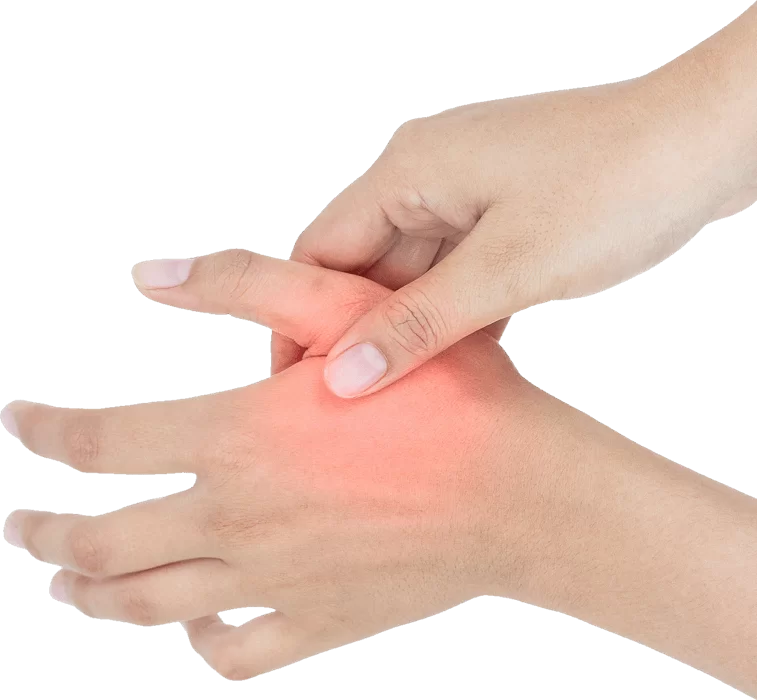
Peripheral Neuropathy
Peripheral neuropathy is a condition where nerves are damaged causing weakness, burning pain, numbness, tingling, and debilitating balance problems. The damage to the nerves can be caused by many different problems in the body. Poor blood flow to the nerves, toxic levels of sugar in the blood (diabetes), chronic infections, pesticide exposure and genetic variants are a few of the causes of this debilitating condition. The cause is different for every patient and it must be discovered to help the nerves heal!
- Numbness/Tingling
- Burning Pain
- Unusual and/or loss of sensations
- Muscle weakness
- Deep Stabbing Pain
- Balance Problems
Another common cause of nerve damage is auto-immunity. Auto-immune diseases are diseases where the immune system mistakenly starts to attack the body. That’s right! Many times the immune system is actually killing the nerves of peripheral neuropathy sufferers. This is why thorough testing is vitally important to helping peripheral neuropathy.
Can peripheral nerves heal?
Yes! It is well established in the scientific literature that peripheral nerves can and do heal. The key issue is that not only do we need to get the nerves healing but we have to stop whatever is causing the nerve damage in the first place. When the underlying cause of the neuropathy is discovered and proper support for the nerves are provided it optimizes the ability for the nerves to heal!
In order to effectively heal nerve damage, four factors must be determined:
- What is the underlying cause of the nerve damage?
- How severe is the nerve damage?
- What types of nerve fibers are damaged?You have sensory nerves (both small fiber nerves and large diameter nerves) and motor nerves (that control movement of your muscles) NOTE: If there is muscle weakness from neuropathy for greater than two years the damage to the muscles will probably be permanent!
- How much treatment will the nerves require to heal?This will be dependent on the degree of nerve damage and what types of fibers are damaged.
The treatment we provide has four main goals…
- Optimize the environment within the body for nerve healing.
- Increase blood flow to the nerves.
- Stimulate the nerves that are damaged (small fiber, large diameter, or motor nerves) to reduce pain and improve balance.
- Decrease brain-based pain.
Our exclusive treatment system increases blood flow to the nerves in the feet and/or hands, which helps to rejuvenate nerves naturally and has returned many of our patient’s feet and/or hands to normal (see testimonials below). No surgery. No addictive medications.
Our proprietary and comprehensive treatment program utilizes up to 8 different state-of-the-art technologies and is unlike any treatment program you may have already experienced.
We provide a Safe and Effective, New Choice for Neuropathy Sufferers.
Our clinic offers a NEW, Non-Invasive and Non-Surgical therapy protocol that combines the best of cutting edge medical treatments to help resolve your neuropathy susffering. We want to make sure that you have the confidence that you need, so we’ve designed an extensive diagnostic evaluation process to help us find out if you’re a candidate for our program.
This extensive evaluation will give you ALL the information that you need to know before starting treatment so you can be assured if you will have success with your neuropathy pain program.
THERE ARE 4 VITAL COMPONENTS TO OUR NEUROPATHY PROTOCOL
-
Electromagnetic Infrared Therapy
One of the treatment technologies we use to increase blood flow and repair the nerve is our new Low-Level Light Therapy (LLLT). The light therapy signals Vasoendothelial Growth (VEGF), which signals the production of angiogenesis. Angiogenesis is the creation of the new blood vessels, which is needed to repair nerve damage. These blood vessels grow back around the peripheral nerves and provide them with the proper nutrients to heal and repair. This technology has 21 peer-reviewed studies with a 97% success rate with peripheral neuropathy. -
Electrostimulation
We use state of the art digital electro therapeutic stimulation to assist in the growth of the nerves called Nerve Re-Education. This is used by the Cancer Centers of America in order to help those going through Chemotherapy rebuild the nerves. Nerve Re-Education can even be done at home, so therapy can be done daily! The results can be immediate in both pain relief and restoration of normal sensation. -
Advanced Nutrition Therapy
Proper nutrition in support of our other VITAL COMPONENTS is vital for optimal tissue and nerve repair. Our Advanced Nutritional Therapies have been to designed to accelerate the healing process by affecting the complex processes of inflammation, blood flow, and bioavailable nitric oxide. -
In-Clinic Visits & Online Education
In synergy with your home infrared electromagnetic & electrostimulation therapy you will visit the office 1x per week for our in-clinic protocol. Each vital component is equally important for patient results.
Nerve cells need two things to heal…
- Fuel
- Activation
This makes the combination of high-powered lower level light therapy & nutrition (FUEL) and Nerve ReEducation (ACTIVATION) the perfect 1-2 punch for nerve regeneration!
The amount of treatment needed to allow the nerves to recover varies from person to person and can only be determined after a detailed neurological and vascular evaluation.
Will It Work For You?
“We are offering our neuropathy reversal seminar for FREE so people can learn to see if you are a candidate. At the neuropathy seminar we will discuss symptoms, common medical history, treatment options, and whether a one on one visit with the doctor is needed.”
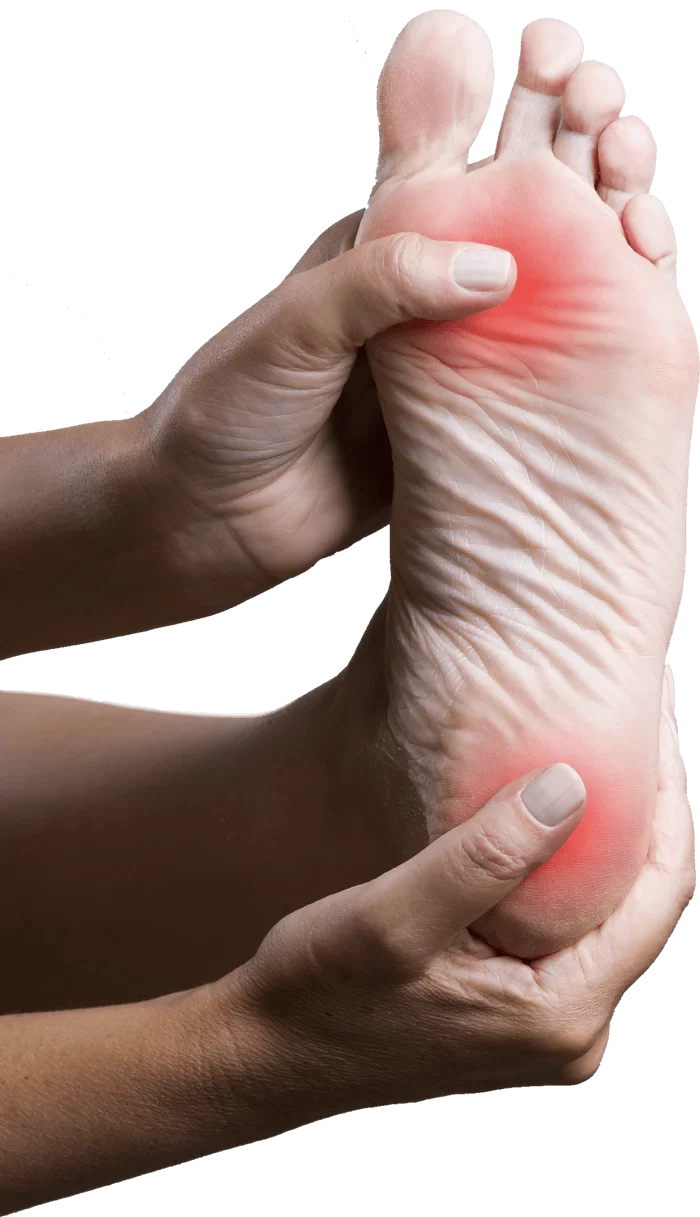
Plantar Fasciitis
Plantar fasciitis is a common cause of heel and arch pain, especially if you spend long hours on your feet. The plantar fascia is a strong band of tissue running from the heel to the toes; when it becomes irritated, you may feel sharp, “first-step” pain in the morning, soreness after standing, or aching that worsens through the day. Our team evaluates footwear, movement patterns, and tissue mobility to address the root cause and relieve pain so you can get back to activity comfortably.

Achilles Tendonitis
Achilles tendonitis is irritation of the tendon that connects your calf muscles to your heel. It often presents as stiffness with the first steps, aching behind the heel, or pain with pushing off, climbing stairs, or running. We focus on gentle load progression, calf/ankle mobility, and targeted therapies to calm irritation and restore tendon strength and resilience.

Tennis Elbow
Tennis elbow (lateral epicondylitis) is an overuse injury of the wrist-extensor tendons on the outside of the elbow. Gripping, lifting, or typing can aggravate symptoms like burning pain and reduced grip strength. Treatment includes activity modification, progressive strengthening, soft-tissue work, and ergonomic coaching to reduce stress on the tendon and speed recovery.
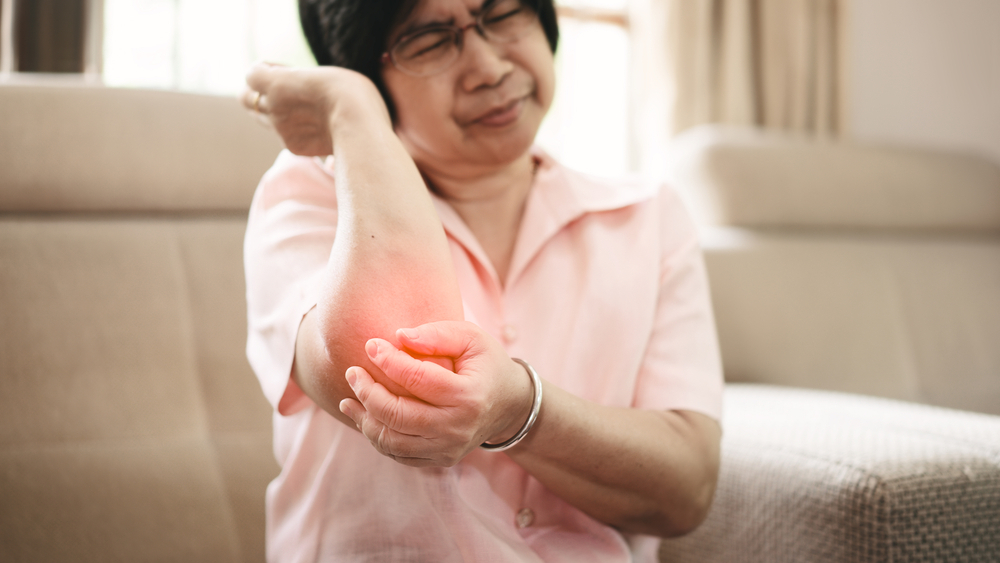
Golfer’s Elbow
Golfer’s elbow (medial epicondylitis) affects the wrist-flexor/pronator tendons on the inside of the elbow. Repetitive gripping or forearm rotation can cause tenderness, stiffness, and weakness. We use graded loading, manual therapy, and technique adjustments to relieve pain and restore comfortable, strong function.
